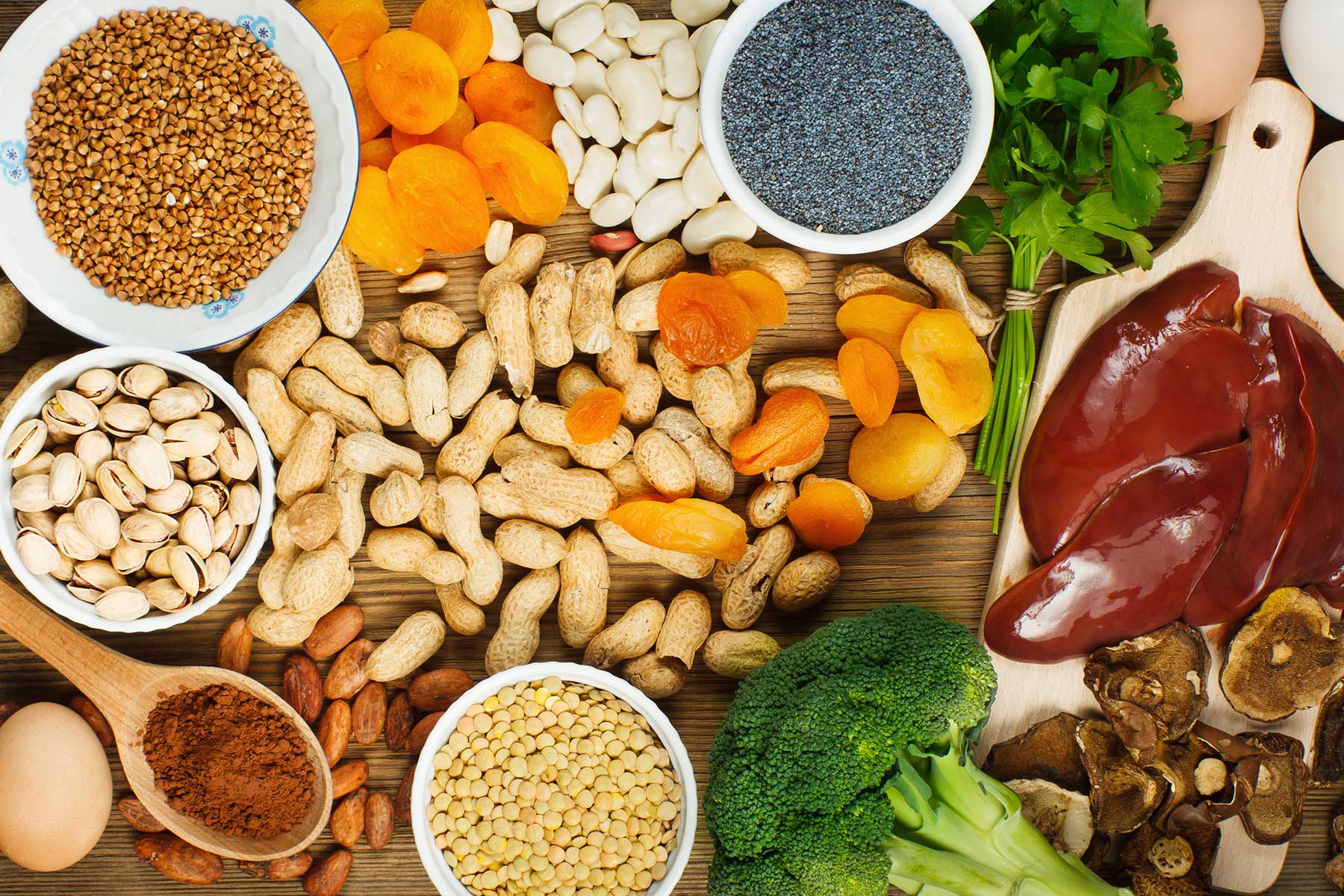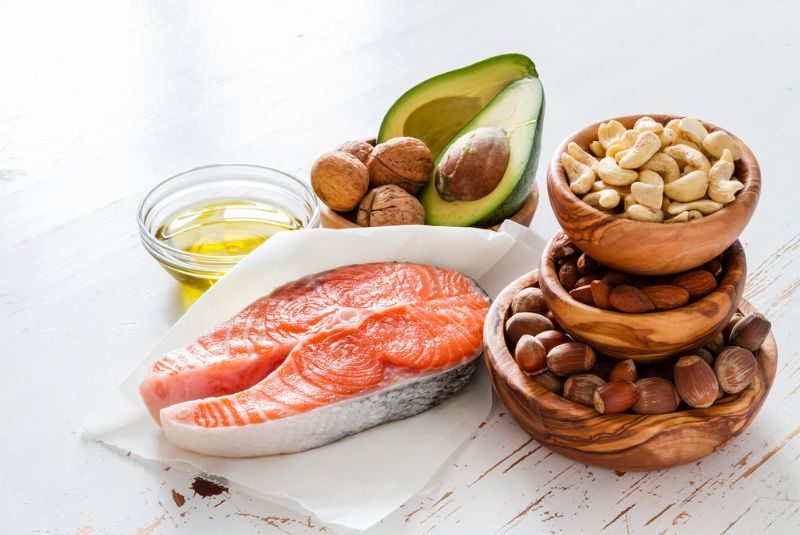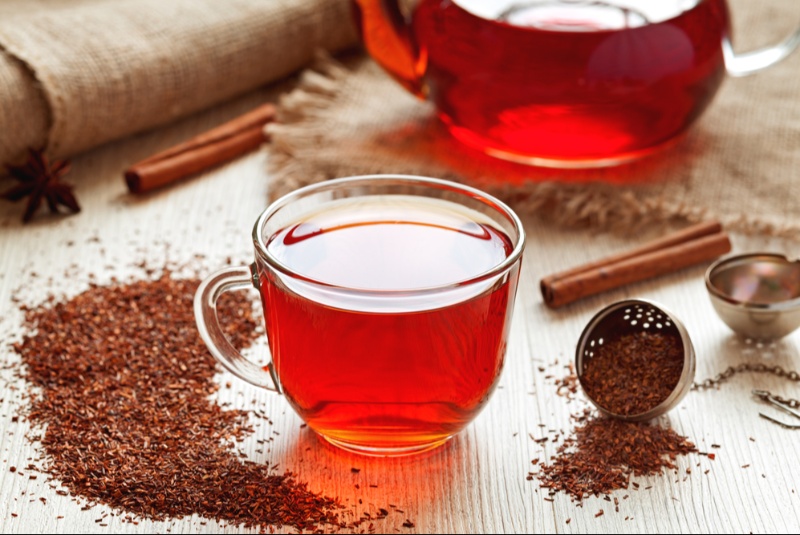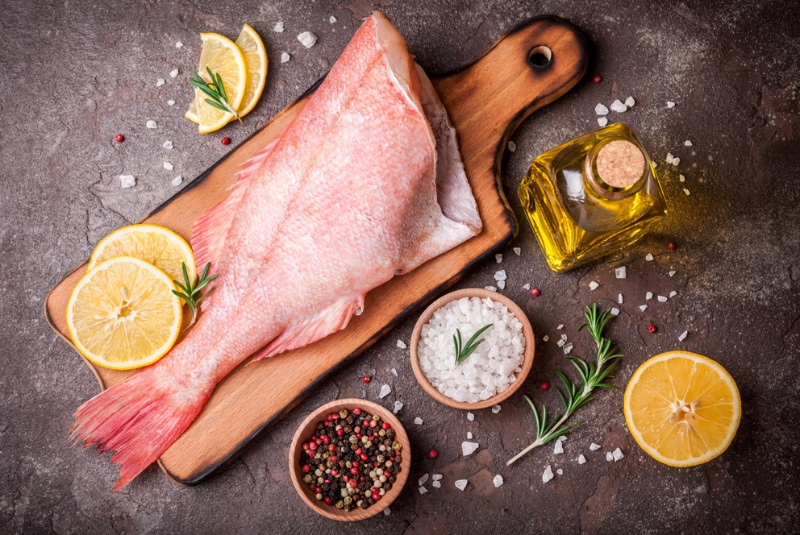Believe it or not, you need iron in your diet. Iron is an important part of hemoglobin, which is the substance in red blood cells that carry oxygen from your lungs and transports it through your body. It actually represents nearly two-thirds of the body’s iron. There are many risks that occur when you don’t have enough iron. Your body can not make enough healthy oxygen carrying red blood cells.

It is a mineral that is absolutely vital for your health. It is responsible for creating energy from nutrients. It also contributes to the transmission of nerve impulses. Nerve impulses are signals that coordinate the actions of different parts of your body. When there is more iron than you need, it’s stored in your body for future use.
There are certain situations when you need to add more iron into your diet. There are many signs that signal iron deficiency in an individual. Iron deficiency is referred to as anemia. Some of the symptoms include fatigue, weakness, dizziness, and if you have a hard time concentrating. Common causes of anemia are during a woman’s menstruation cycle – especially if it is for a long period of time and heavy flow. Peptic ulcer disease, cancer in the digestive tract, blood loss from trauma, blood donation, or gastrointestinal bleeding from extended uses of medicine like aspiring or ibuprofen.
According to research studies published on women’s health, female athletes have an increased risk of iron deficiency. Experts theorize that athletes may need more red blood cells to carry oxygen so they can keep exercising. As you can see, women are more at risk for anemia.
To remedy this problem, you can add iron supplements into your diet. You can include iron rich foods into your consumption such as beans, seafood, peas, dried fruit, dark leafy greens, and red meat.




